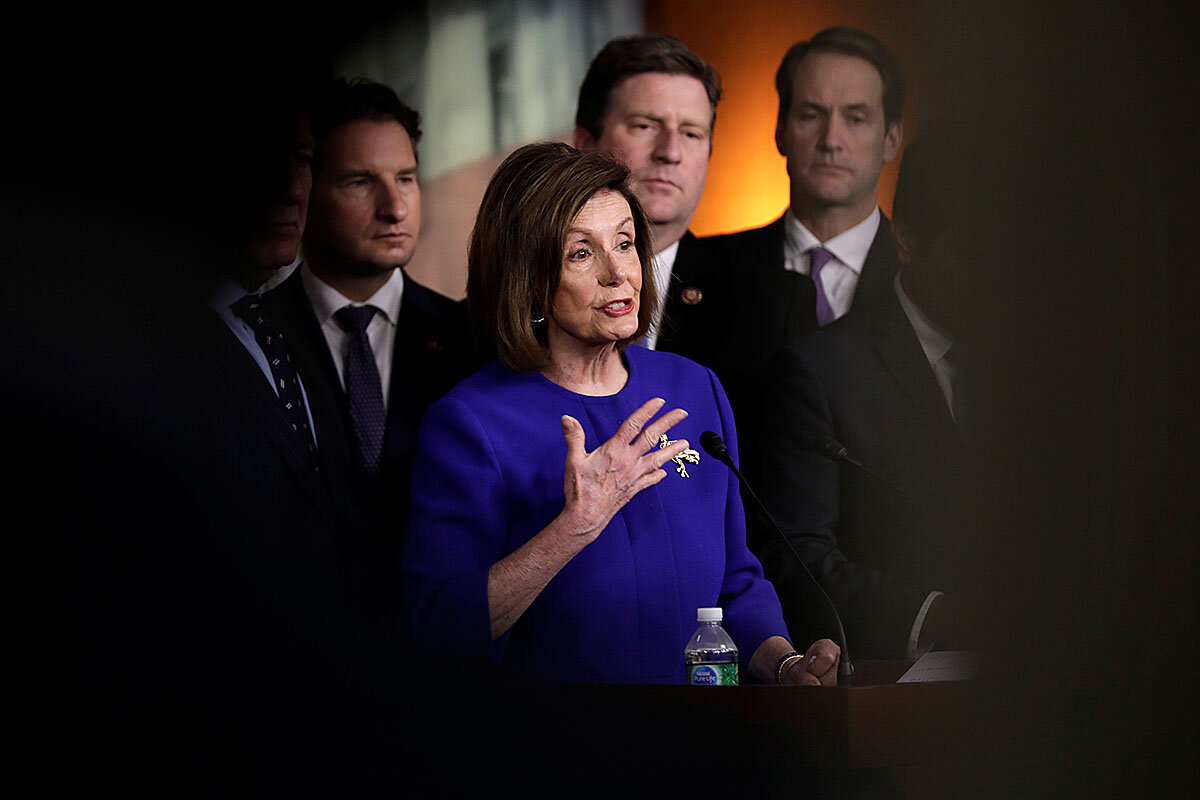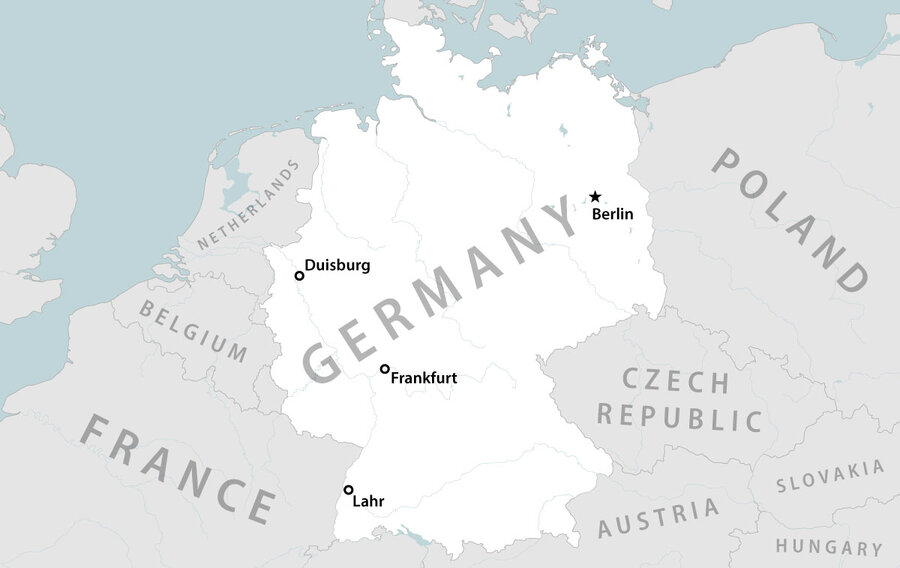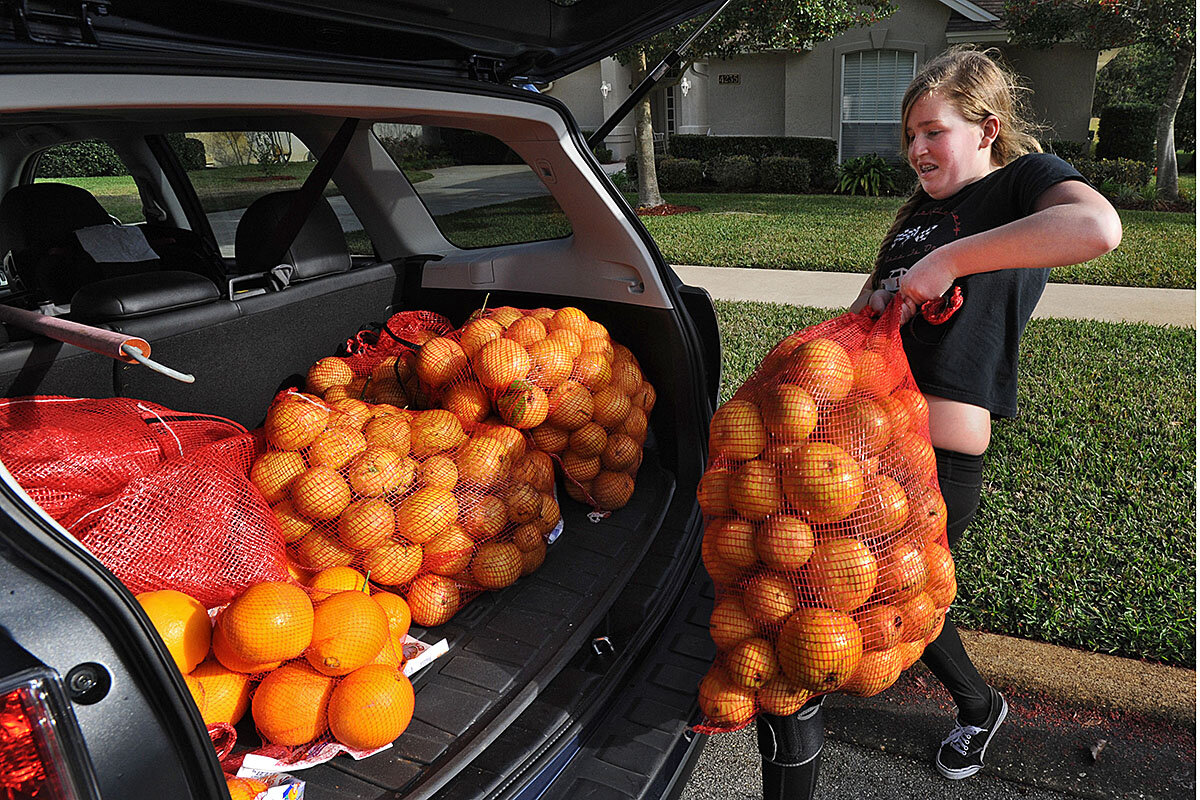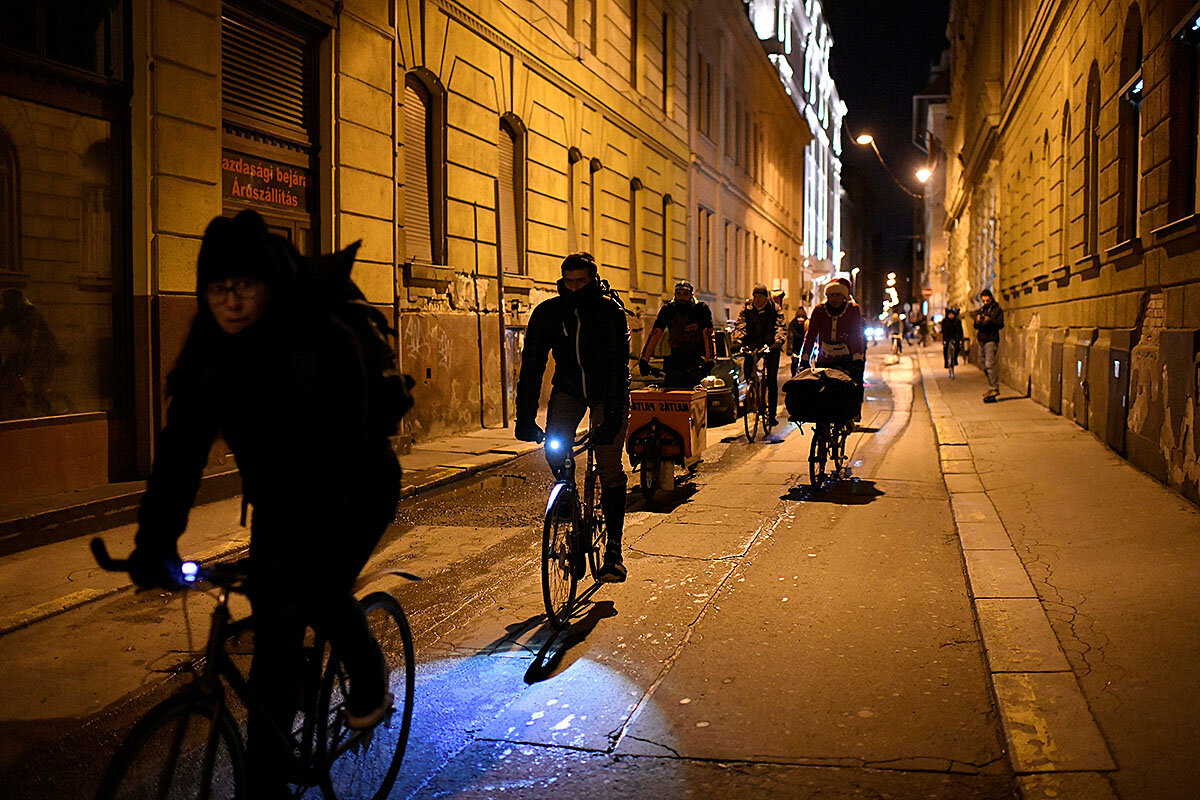Agreement on a new trade deal and a defense authorization bill show bipartisan progress is possible even amidst the polarizing effects of the impeachment inquiry.
Monitor Daily Podcast
- Follow us:
- Apple Podcasts
- Spotify
- RSS Feed
- Download
 Mark Sappenfield
Mark Sappenfield
Today’s five hand-picked stories look at how bipartisanship happened even amid impeachment, Pensacola’s battle with a betrayal of trust, Germany’s balancing act with China, the cloud of uncertainty around vaping, and climate action that starts in the kitchen.
Climate change can present an excessively grim picture. NBC News recently profiled young Americans unsure whether to have children because of the global warming impact. A poll by a recycling advocacy group suggests 1 in 5 millennials think climate change will cause human extinction in their lifetimes.
Many people are seeing little progress. And some peer-reviewed climate science suggests that challenges are accelerating. But here’s a different perspective. A Barron’s article about energy stocks offers these excerpts:
“In the mind of the market … [oil] might as well be” going the way of tobacco.
“Energy is by far the worst-performing group in the S&P 500 over the past decade.”
“It doesn’t matter that the penetration of electric cars is trivial now, because investors figure that electric cars will ultimately dominate, even if it is decades from now.”
“Another negative [to energy stocks] is the growing adoption of socially responsible investment guidelines, particularly in Europe.”
Change is not real until behaviors change, and the best impartial judge of how behaviors change is the marketplace. The view from Wall Street is that change is happening. And, climate scientists say, it’s not too late for such changes to make a difference.
To see how individuals can make a difference, check out our two-week series on the subject here, here, here, and in the days ahead.











